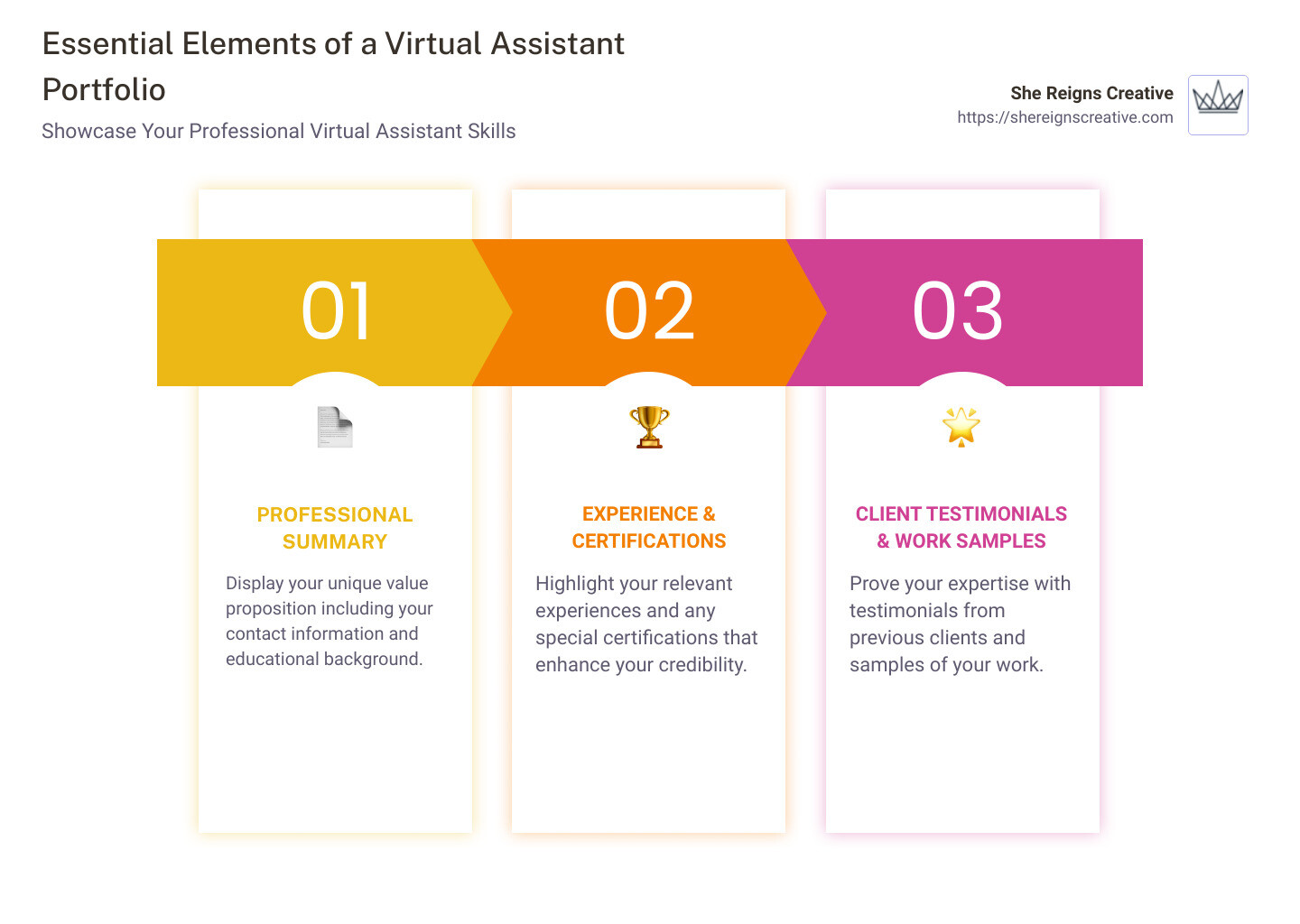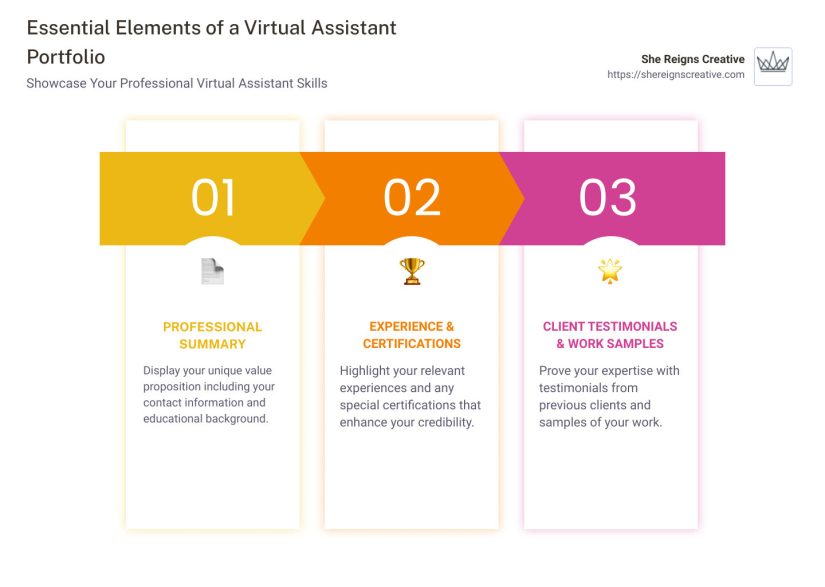
As the healthcare sector progresses, practices must evolve to fulfill the rising expectations of their patients while preserving superior service quality. An innovative approach that is becoming increasingly popular is the employment of a virtual medical receptionist. This service not only optimizes office functions but also improves the overall experience for patients.
In this article, we will delve into the advantages and methodologies of establishing a scalable practice with a virtual medical receptionist, and how this can enhance efficiency, lower costs, and deliver outstanding patient care.
What is a Virtual Medical Receptionist?
A virtual medical receptionist is an expert who manages administrative duties from a distance, tasks that would normally be conducted by onsite personnel. These duties may involve responding to calls, organizing appointments, addressing patient inquiries, managing insurance details, and supplying general office assistance. Unlike conventional receptionists, virtual medical receptionists operate remotely, utilizing technology to guarantee uninterrupted practice operations.
The primary benefit of employing a virtual front desk for medical practice is that it enables healthcare providers to uphold a high standard of customer service while reducing overhead expenses. This service is intended to assist medical practices in prioritizing patient care over administrative tasks, resulting in enhanced efficiency and better patient satisfaction.
The Benefits of a Virtual Medical Receptionist
1. Improved Efficiency
One significant advantage of a virtual medical receptionist is heightened operational efficiency. Traditional receptionists frequently encounter interruptions and distractions that may impede their ability to effectively manage the front desk. With a virtual medical receptionist, these disturbances are significantly reduced, allowing the receptionist to concentrate exclusively on overseeing calls, appointments, and other administrative responsibilities.
Moreover, virtual receptionists are accessible at all hours, guaranteeing that calls are addressed swiftly, even during non-business hours. This is particularly advantageous for practices that function beyond standard working hours, as patients can arrange appointments or obtain necessary information whenever it suits them.
2. Cost Savings
Employing a full-time, in-house receptionist can be expensive. Salaries, benefits, and training costs accumulate rapidly, especially in smaller practices with constrained resources. A virtual medical receptionist provides a cost-effective option, as practices only pay for the necessary services rather than a full-time salary.
This adaptability enables practices to grow their operations without the stress of hiring additional personnel. Virtual receptionists can manage substantial volumes of calls and tasks without needing a physical office presence, resulting in savings on office space and utility costs.
3. Enhanced Patient Experience
Patients anticipate quick, tailored service when reaching out to a medical practice. A virtual medical receptionist guarantees that calls are handled with professionalism and speed, minimizing wait times and frustration. By delivering prompt responses to patient inquiries and scheduling appointments seamlessly, virtual receptionists contribute to a favorable initial impression.
Additionally, virtual medical receptionists are trained to manage patient calls with compassion and professionalism. This fosters a welcoming atmosphere for patients and helps build trust, ensuring they feel appreciated and cared for from the outset of their interaction.
4. Flexibility and Scalability
As medical practices expand, so do their administrative requirements. A virtual medical receptionist can seamlessly scale alongside the practice, managing an increasing number of calls, appointments, and inquiries without necessitating additional staffing. Whether a practice is broadening its patient network, introducing new services, or extending hours, a virtual medical receptionist can adjust to accommodate heightened demands.
This adaptability also allows practices to function more efficiently during peak periods. For instance, during flu season or other high-demand times, a virtual receptionist can oversee the surge of calls and appointments without overwhelming in-house personnel.
5. Compliance and Security
Ensuring compliance with healthcare laws, like HIPAA, is essential for any medical practice. Virtual medical receptionists are trained to securely manage sensitive patient data in accordance with privacy regulations. They possess the required tools and
